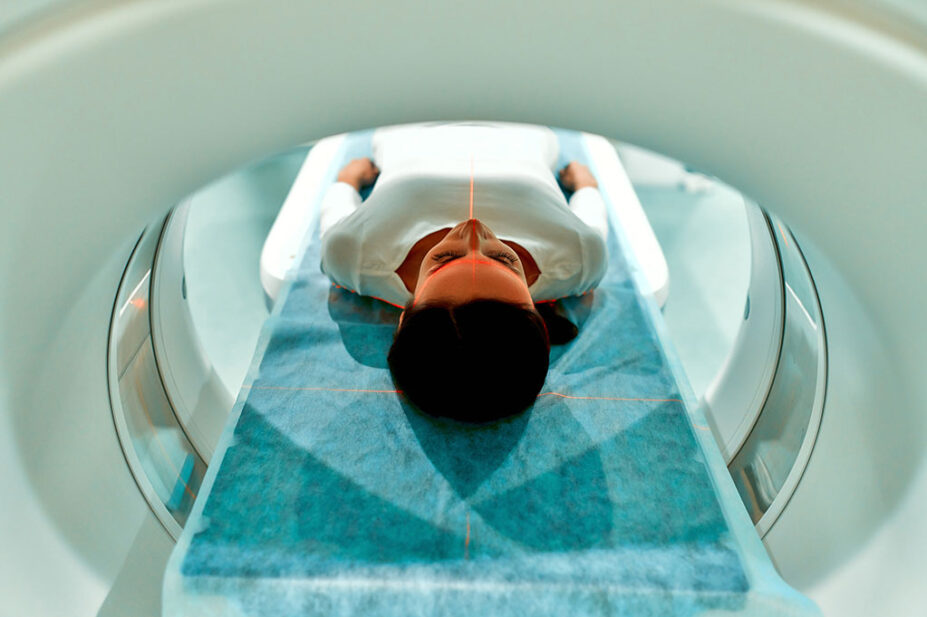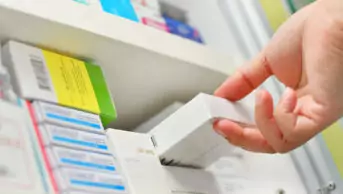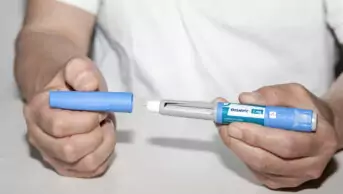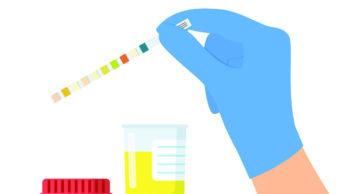
Shutterstock.com
The Department of Health and Social Care (DHSC) has advised radiopharmacy units to prioritise urgent patients and participate in mutual aid owing to a Europe-wide shortage of an isotope used for diagnostic procedures and some cancer surgeries.
A national patient safety alert, issued on 25 October 2024, said that there is an ongoing shortage of Molybdenum-99 — which is used in the manufacture of Technetium-99m generators — until mid-November 2024.
Technetium-99m is used in diagnostic imaging and procedures, as well as during some surgeries.
In the alert, the DHSC has advised all NHS provider trusts and integrated health boards with a radiopharmacy unit to clinically prioritise appointments for urgent patients and to participate in local mutual aid arrangements led by the British Nuclear Medicine Society (BNMS) and UK Radiopharmacy Group (UKRG).
They have also been advised to ensure plans are in place for patients who require emergency scans, maintain records of delayed activity and escalate any issues as needed to the DHSC.
The alert has also advised regional chief pharmacists “to assist in the coordination of mutual aid arrangements”.
In a letter sent to chief pharmacists on 29 October 2024, NHS England said it was “vital that all trusts providing these services prioritise patient access and participate in mutual aid arrangements”.
“While disruption to these supplies have been seen previously, and the nuclear medicine and pharmacy community developed methods to manage constraints on supply during the COVID-19 pandemic, the length of this disruption means that the NHS will need to clinically review and prioritise patient care over this period,” the letter said.
“Mutual aid arrangements already in place will also need to be formalised and strengthened. New mutual aid arrangements may need to be supported in some places, including potentially the movement of patients to facilitate access to imaging.”
The letter added that the shortage has resulted from a combination of technical issues and essential maintenance work, resulting in all three nuclear reactors used by manufacturer Curium to be offline.
GE Healthcare, a second manufacturer of generators, will continue to provide supply. However, the letter said, “they are unable to increase their own levels of production but can distribute their stock in a different way”.
“As such, the delivery of these generators will be managed nationally to ensure patients across the UK can still access urgent imaging studies,” the letter continued.
Commenting on the shortage, a spokesperson for the DHSC said: “We know this may be concerning for patients and we are working closely with the company involved to resolve the issue.
“We are also working in close partnership with NHS England and the devolved governments to distribute available stock and prioritise patients with critical needs.”
You may also be interested in

Mandatory ‘eight-week buffer stock’ requirement not met by medicine suppliers, reveals audit

Government declares ‘national shortage’ of GLP-1 receptor agonists for type 2 diabetes until 2024
